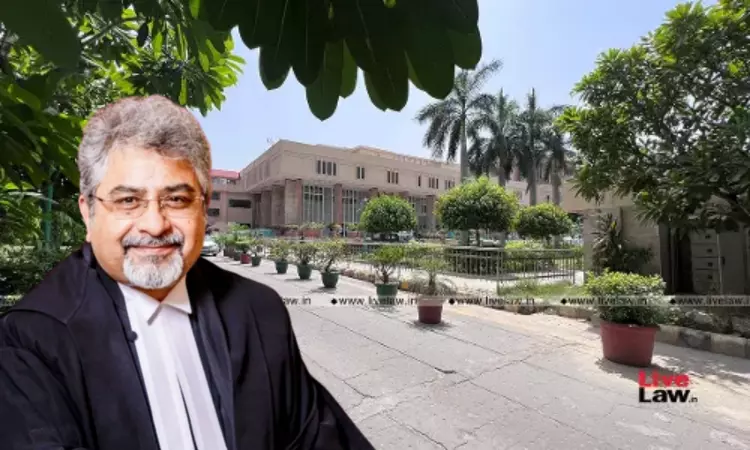Burden Of Establishing 'Industry' Status In Employment Dispute On Petitioner: Delhi HC
Pranav Kumar
14 Dec 2024 9:23 AM IST

Next Story
14 Dec 2024 9:23 AM IST
Delhi High Court: A single judge bench of Justice Girish Kathpalia upheld a Labour Court's award that rejected a worker's claims for reinstatement. It held that the worker failed to prove that Holistic Child Development India (HCDI) qualified as an “industry” within the Industrial Disputes Act, 1947. The court also found no evidence that established an employer-employee...
